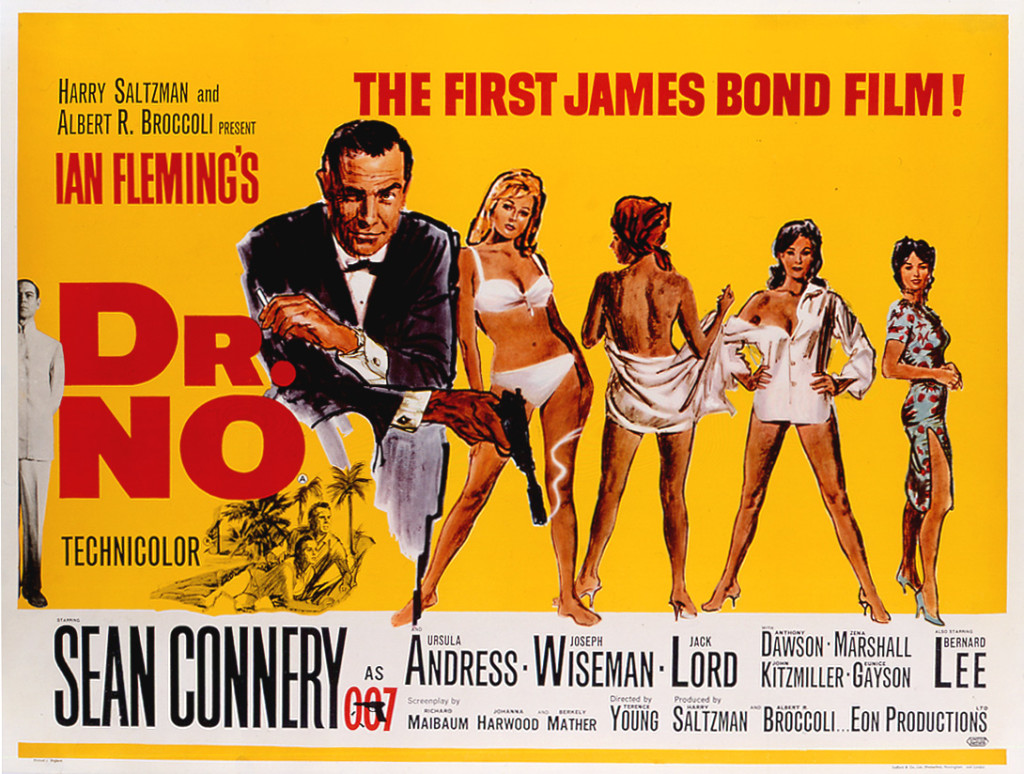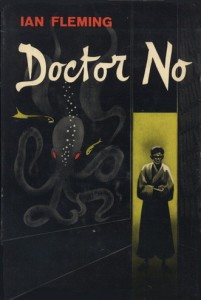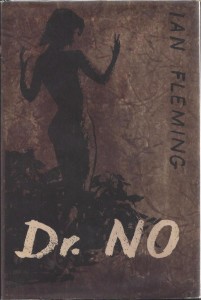“Spectre,” the latest James Bond film starring Daniel Craig, hits US theaters November 6. “Spectre” is the 26th James Bond film. These films are based on the fourteen novels and a handful of short stories by Ian Fleming and a collection of continuation works in Fleming’s honor by Raymond Benson, Sebastian Faulks and others.

Back in 1962 the very first James Bond film, “Dr. No,” was released, starring Sean Connery. When Ian Fleming’s novel “Dr. No” was published in Great Britain, it set off a cycle of controversy. Reviewer Paul Johnson of the New Statesman in an essay titled, “Sex, Snobbery and Sadism,” described “Dr. No” as “all unhealthy, all thoroughly English—the sadism of a schoolboy bully, the mechanical two-dimensional sex-longings of a frustrated adolescent, and the crude, snob-cravings of a suburban adult.” Fleming was distraught and enlisted Raymond Chandler to help with a reasoned review, but the British seemed to have already made up their mind. Across the Atlantic, Fleming’s American publisher, Macmillan, took out a full-page ad in Time magazine, which did not try to deny Fleming’s bad boy image. In response to the British media, several of Fleming’s books that followed benignly portrayed 007 in rescue mode or saving the world from catastrophe.
 From Fleming’s first book “Casino Royale” in 1953, Fleming had always expressed an opinion about the design of his books and “Dr. No” was no different. Pat Marriott was the artist for “Dr. No” and he had also designed “Diamonds Are Forever.” Fleming had originally envisioned Honeychile on the cover standing on a Venus elegans
From Fleming’s first book “Casino Royale” in 1953, Fleming had always expressed an opinion about the design of his books and “Dr. No” was no different. Pat Marriott was the artist for “Dr. No” and he had also designed “Diamonds Are Forever.” Fleming had originally envisioned Honeychile on the cover standing on a Venus elegans  shell. For the final cover, Marriott revealed Honeychile as a silhouette on the beach. These British editions are the true first edition of Fleming’s novels and also more intimate for the input that he gave on the design.
shell. For the final cover, Marriott revealed Honeychile as a silhouette on the beach. These British editions are the true first edition of Fleming’s novels and also more intimate for the input that he gave on the design.
The world of 007 is a rich one to explore—through the books of Ian Fleming, his life story, and finally through the thrill of the movie theater.
Here is a trailer for the new James Bond movie, “Spectre”, in theaters now.
Original to the Clarion-Ledger Book Page


Comments are closed.